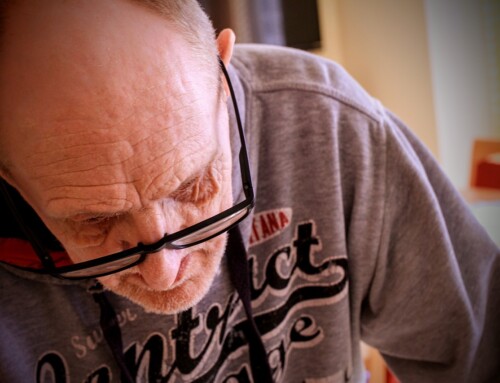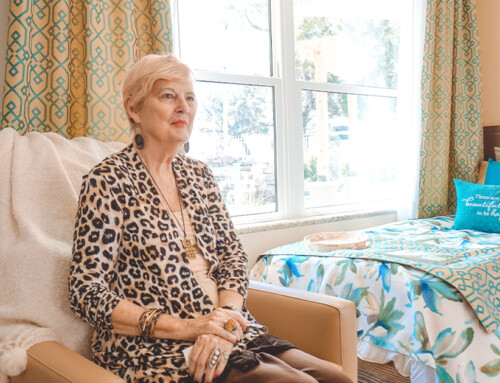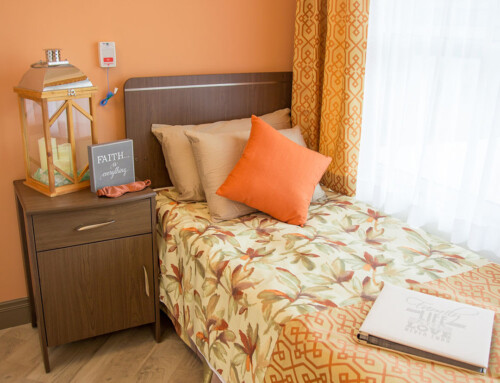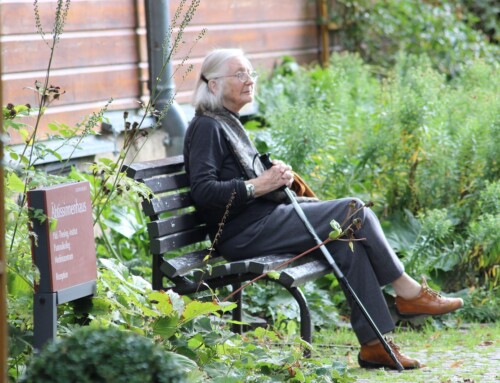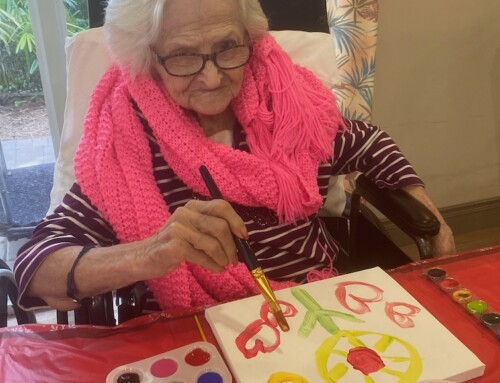A dementia diagnosis is scary and overwhelming, suddenly forcing the patient and their family into unknown territory. Learning about the illness is distressing, but individuals can regain a sense of control by taking proactive steps to prepare for the coming months and years. Updating important information, safety-proofing the home, and offering emotional support to your loved one will all make the path easier to walk.
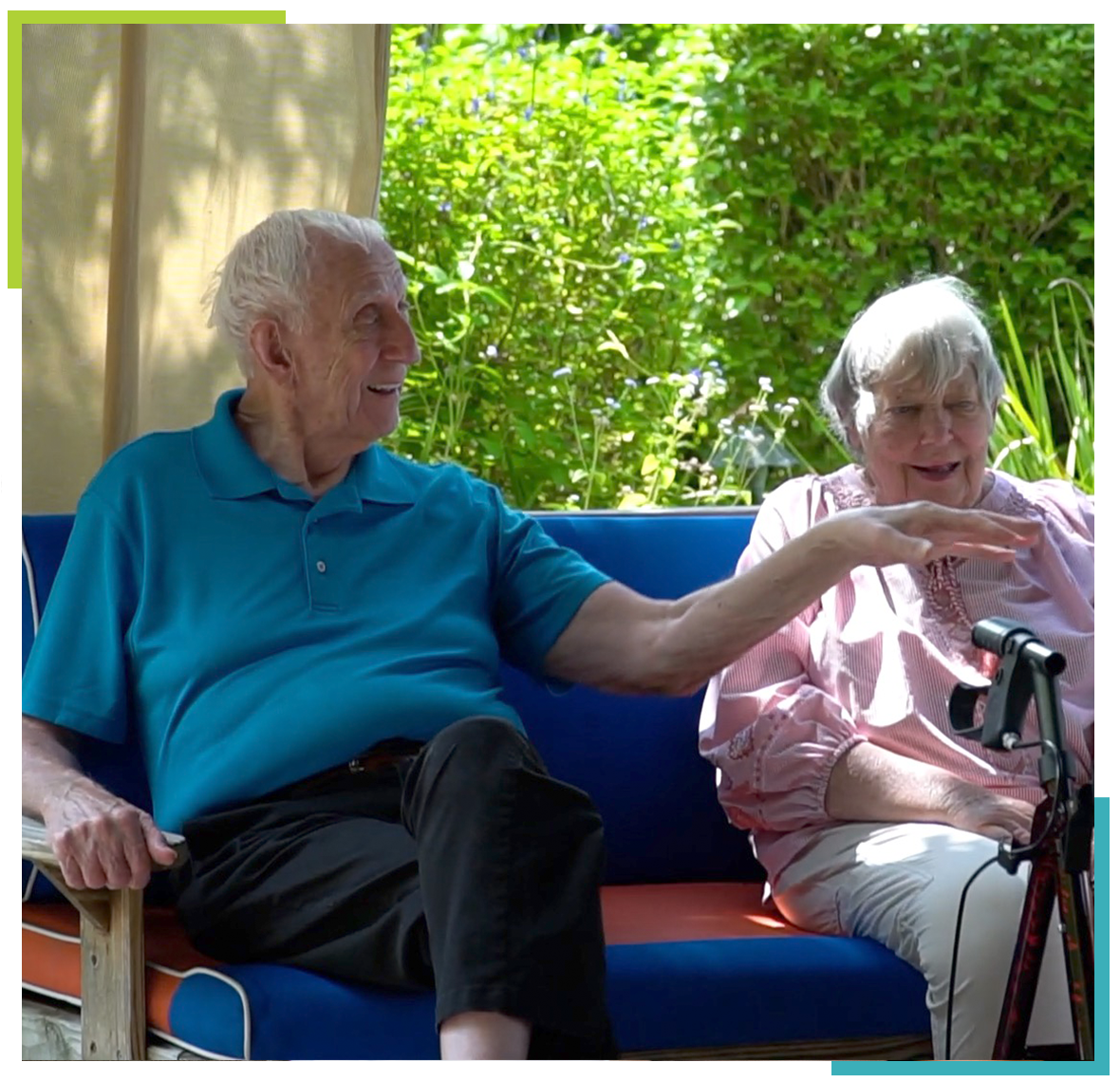
Collect Essential Paperwork: Circumstances can change quickly when dementia is a variable, so gathering and making important paperwork accessible to a trusted few people is a vital first step. You may wish to consider building a file that includes:
- Current medications, medical information, and physician names and numbers
- Health insurance documents
- Dental records, including if dentures are worn
- Current photo of your loved one for identification if necessary
- A hard copy of an estate will and a living will that states the patient’s end-of-life wishes
- List of valuable family heirlooms and their location
- Financial records, including bank statements, pension and life insurance information, credit cards, loans, and 401k accounts
- House or other property deeds and vehicle titles
- Passwords to access the personal computer, online accounts, and social media
- Any pet medications, vet’s name and number, and diet information
Once everything is collected, store one set of documents in a secure location such as a safe or safety deposit box, give another copy to a family member or trusted legal advisor, and save digital copies as well.
Prepare for a Medical Emergency
First responders may have limited time to act should there be an emergency. Family members should take all medical information and keep it in a red folder clearly marked “For First Responders” and displayed in plain sight. These professionals will typically check on the refrigerator, on a kitchen counter, or in a visible file cabinet.
Be sure to include:
- Medical diagnosis and treatment information
- Current medications and where they are kept in the house
- Information regarding any allergies
- Neurological, cognitive, or psychological conditions
- Hearing or vision impairments
- Immunization schedule
- Physicians’ contact information
- Emergency family contact information
- List of pets or other people in the home who may require care
In addition to first responder information, you can help your loved one by posting emergency numbers to the refrigerator and assembling a first aid kit for them. Depending on their ability to understand using these items, you may wish to include:
- Bandages and a cold compress
- Tissues, cotton balls, and swabs
- Neosporin
- One dose of ibuprofen or aspirin
- Tums, Alka Seltzer, or Pepto Bismol
- Bladder meds like Azo
- Incontinence underwear
- Cold and allergy medication, cough drops
- Hand sanitizer, antiseptic solution, hydrogen peroxide
- Aloe vera gel and calamine lotion
- Sunscreen and bug repellant
You may also want to post reminders for when to take each medication or put together a daily pill box for them to keep track of their medications.
Post Safety Tips
Even in the early stages of dementia, people can become very forgetful – but a small mistake could have serious consequences. You may want to provide a list your loved one can check to ensure they are keeping themselves safe and secure, such as:
- Make sure the front and back doors are locked.
- Don’t open the door to strangers.
- Don’t give any personal information to people over the phone.
- No cooking meals on the stove when alone.
- Keep a list of things you need next to your chair.
- Call your daughter if you need to leave your home for any reason.
Don’t feel bad if you encounter resistance. This transition is hard on everyone, but your loved one’s safety is of utmost concern.
Plan Social Activities
One of the most prevalent emotional reactions to a dementia diagnosis is self-isolation. Many individuals feel shame over their forgetfulness and tend to withdraw from family and friends. It is essential for loved ones and caregivers to keep dementia patients engaged in their life in order to ensure the best possible mental health. You may plan on:
- Bring over a dog or cat for them to play with.
- Take walks together.
- Share meals as frequently as possible.
- Bring the grandkids over for visits.
- Set up days to do art projects, cook a meal, or complete a puzzle.
- Watch favorite movies together.
- Set up get-togethers with their friends before memories further decline.
- Play their favorite music and dance with them.
- Attend church or synagogue together.
- Look through old photos to encourage memories and storytelling.
- Take a day trip to your parent’s hometown or another location meaningful to them.
- Spend time each week documenting their memories and your family history.
Finally, if you are a caregiver, don’t forget to take care of your own mental health. Dementia affects everyone close to the patient, and supporting emotional and physical needs will allow you to be more present and engaged with your loved one.
Memory Care After a Dementia Diagnosis
Sometimes the best way to care for your loved one after a dementia diagnosis is to move them into a professional facility. At A Banyan Residence, we provide all of the security and supervision necessary to keep them safe – and the companionship, activity, and engagement they need to be happy and fulfilled.
Call today to learn more and schedule your tour.



